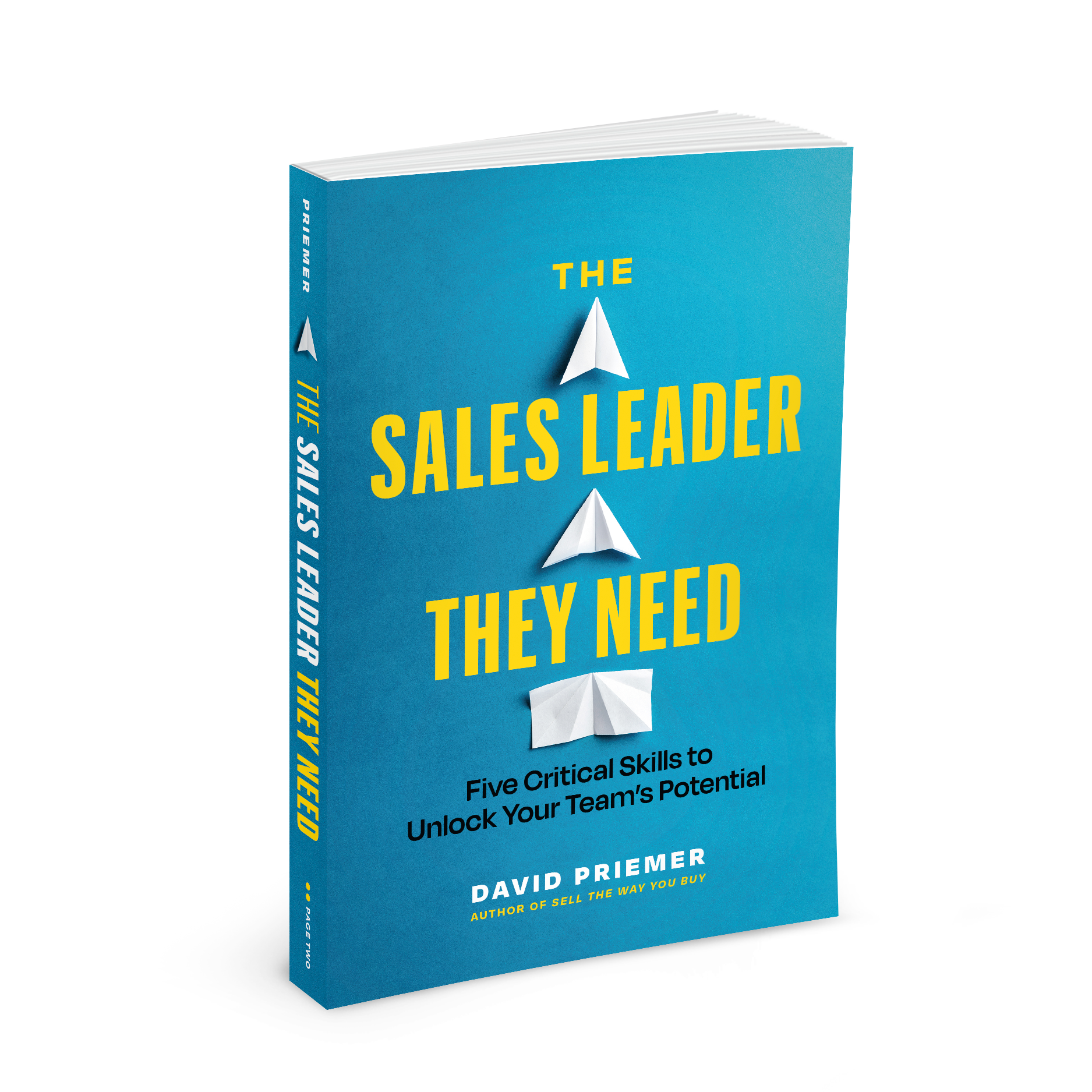The Top 10 Sales Interview Questions for Assessing Emotional Intelligence
Emotional Intelligence (often measured as EQ – emotional quotient) is the ability of individuals to recognize their own emotions and those of others, label them appropriately, use emotional information to drive thinking and behavior, and respond appropriately based on the circumstances.
Time management, decision-making, and overall communication are significantly impacted by EQ. Not surprisingly, research shows that 58% of performance in ALL types of jobs is attributable to one’s EQ. But as you can imagine, EQ is particularly prized in modern selling.
At L’Oréal, sales professionals hired based on their emotional intelligence outperformed their peers by $91,370 at the end of the first year
In a national insurance company, insurance sales agents weak in specific emotional intelligence skills such as self-confidence, initiative, and empathy sold average premiums of $54,000, while those who were strong sold average premiums of $114,000
Unfortunately, having a high EQ is also a rare quality.
In their book Emotional Intelligence 2.0, Drs. Travis Bradberry and Jean Greaves share that after testing more than 500,000 people to understand how they respond in typical, real-life situations where emotions are present, they found only 36 percent were able to accurately identify their own emotions as they happen.
The good news is, emotional intelligence is a skill that can be learned and acquired through careful study and pattern recognition.
So whether you’re a hiring manager or candidate looking to nail your next sales interview, here are some EQ-based questions to help you along your journey.
1. What’s your superpower?
I’ve written about this in the past as one of my all-time favorite questions. Everyone is the best at something! What are they the best at? Not only does this question help you understand the strengths and diversity the candidate brings, but it highlights their degree of self-awareness (critical for coaching and self-improvement), and provides the opening for a related line of evidence-based questions (e.g., “Oh, so you’re great at connecting with executive stakeholders? Tell me about an especially challenging instance where you had to make such a connection.”).
Bonus: Here’s my take on the top 3 superpowers that startup sales reps in particular need to have.
2. How do you avoid “just checking in” syndrome?
Customers don’t often buy on the first sales call (dare to dream!), and nothing is more irritating than a sales rep who calls back week after week to “check in” to see if they’re ready to move forward. There are dozens of techniques for staying close to the customer by adding value and not turning them off. What’s their approach? (Note: Tactics aside, simply identifying that the key is adding value with each interaction is often enough for me.)
3. What do you think a sales rep at our organization needs to be good at in order to be successful?
What has the candidate learned throughout their discovery process with you? Are they aware of the level of maturity of your sales tools and processes? Have they connected with others currently in the role to understand how their skills reconcile with those needed to hit the ground running and produce results? I’ve often found the answer to this interview question for sales to be one of the most helpful across many dimensions of the assessment process.
4. What type of things would we coach you on?
Investing in sales rep coaching is not only critical to their success in the field, but to our development as managers. While having a good approach to high-impact coaching is important, having candidates self-identify skills you’d be coaching them on is great for three reasons:
- It highlights their degree of self-awareness of their strengths and areas for improvement.
- It helps you assess whether or not the skill can or can’t be taught.
- It helps you hit the coaching ground running once their tenure begins.
5. What are examples of things that are okay and not okay to mess up on?
We’ve all heard that the best environments are the ones where people feel safe (and are sometimes encouraged) to fail and learn from their mistakes. But is it okay to mess up on everything? If a candidate were to list out all the things they would do on the job from day to day on sticky notes and separate them into two piles — things that are okay to mess up, and things that are not okay to mess up — what would be some of the things in those piles? Do those lists align with your organization and culture?
6. What would you say in the first 20 seconds of a cold call to keep the prospect from hanging up on you?
Few things put even the most accommodating of people on the defensive like a cold call from a sales rep. As a sales rep, your goal is to intrigue the prospect by being engaging, exposing pain, and positioning the realm of the possible. Their goal is to get off the phone with you as quickly as they can. Regardless of whether you believe cold calling is antiquated or you have a toolbox of techniques guaranteed to boost your success, asking this question in a sales interview will help you understand how the candidate prioritizes their messaging and delivery in an environment where competition for your audience’s attention is fierce. (Note: You can either use the context of your product or the one they currently sell for this exercise. Each has its advantages for you.)
7. How do you establish trust?
A candidate we eventually hired hit us with an impressive display of self-awareness when asked the question “What do you typically ask during a qualification?” His response: “First, I go into every qualification knowing that just because I have a list of questions I want to ask, it doesn’t mean the customer will answer them.” We often train sales reps to probe for intimate details about a customer’s business and related challenges without considering why the customer would open up to us in the first place. The key: trust. How does the candidate build it and in their experience, which tactics have worked and which haven’t?
8. Can you pitch the product you currently sell using a “belief statement”?
I like this question because it combines a nuanced but powerful sales concept with a coaching opportunity. It involves asking the candidate to start with a sales pitch from their product and abstract it into a deep-rooted belief that will resonate with their target customer. For example, if a rep sells a mobile banking app, their belief statement pitch might be “We believe that people should be able to do all their banking from their phone.” (A more abstract example would be Apple pitching its latest gadget with a statement like “We believe that making devices thinner and lighter, but also more powerful, requires innovative problem-solving.”) In most cases, the exercise will be foreign to the candidate and will take a few attempts to refine their statement. Use this as an opportunity to see both how the candidate assimilates the new concept and how they react to being coached through it.
9. As a top performer, what are you doing that others aren’t?
This question pairs well with sales interview questions #1 and #3. Unlike question #1 about the candidate’s overall superpowers, this question helps frame their winning tactics and behaviors in the context of their current sales environment. Not only will the answer highlight the candidate’s degree of self-awareness and differentiation in that current environment, but it will also give you a sense for how similar it is to yours. (Bonus article: 3 Surprisingly Simple Things Top Sales Pros Do (That Others Don’t)
10. If you worked for your top competitor, how would you beat yourself?
Many interview processes involve having the candidate recount a customer win story with special attention paid to the competitive threats that played out during the sales cycle. While many of us are familiar with the way in which we position our solutions against the competition, what would happen if the tables were turned? What would their kryptonite be? This is a great question to ask after the candidate has proudly recounted their victory because it reveals the intimate familiarity they have with their execution style as well as their company and industry.
Identifying top sales talent is never easy, especially when you’re looking to harmonize sales acumen with emotional intelligence. The next time you find yourself wondering how to strike that fine balance, one of these questions might just do the trick.
Bonus Video: 3 Tips to Nail Your Sales Interview Questions
We promise never to send you junk or share your email! Just helpful sales insights.














Leave a Reply
Want to join the discussion?Feel free to contribute!